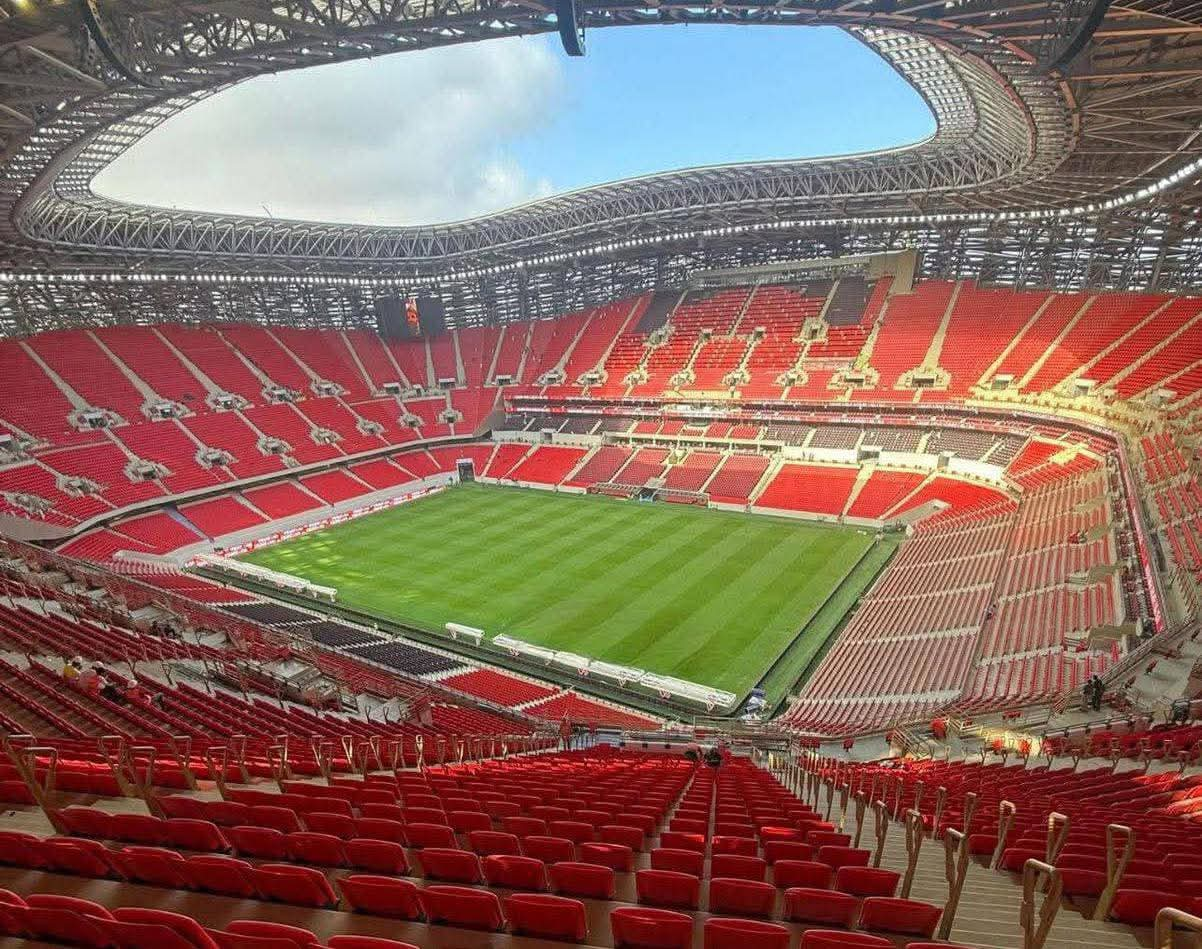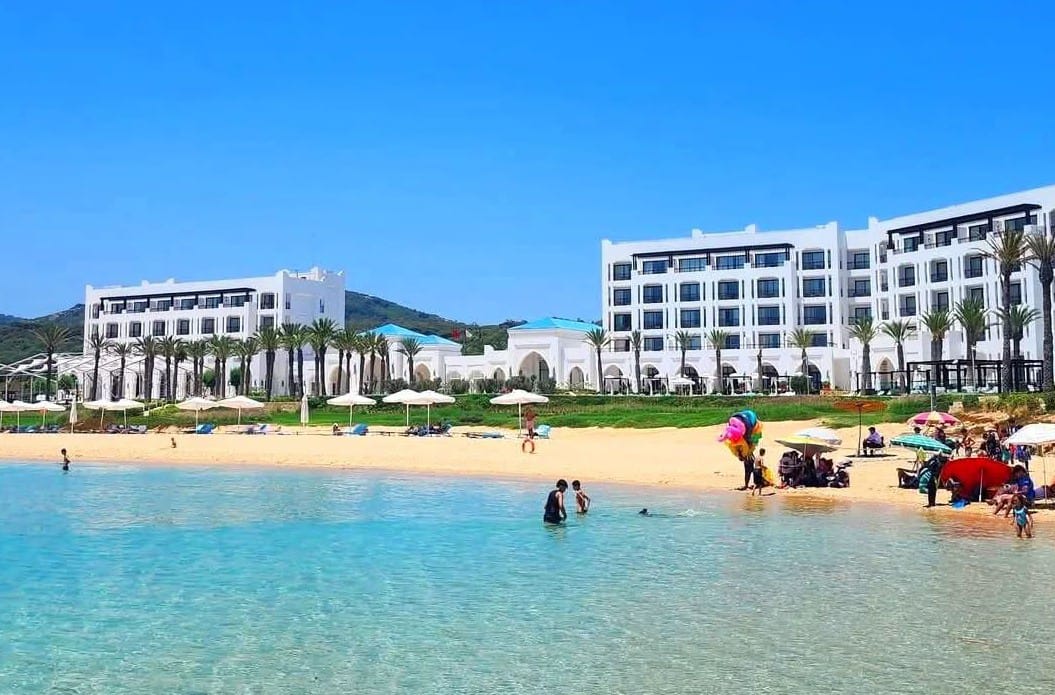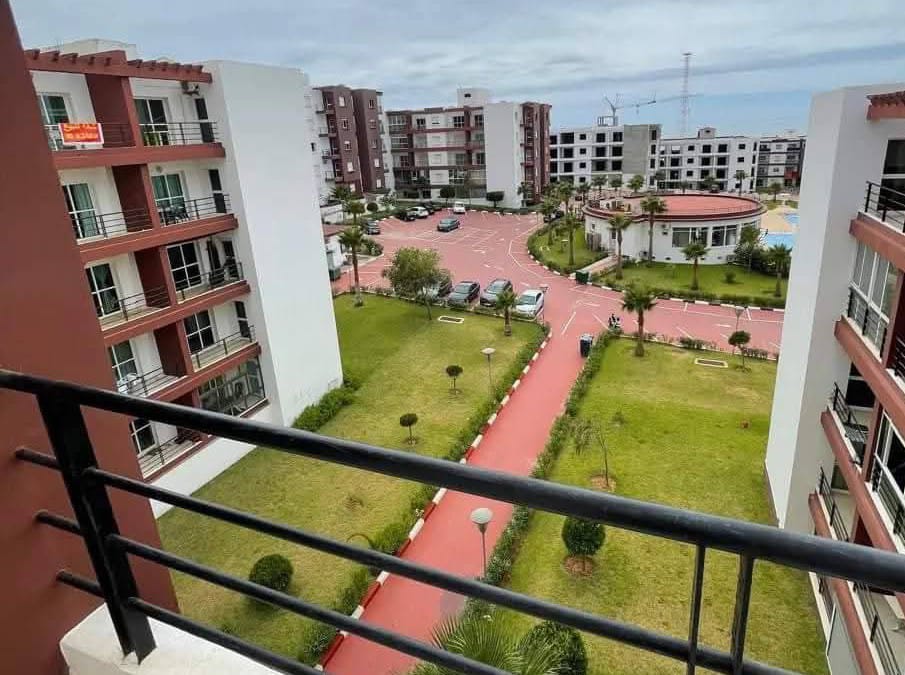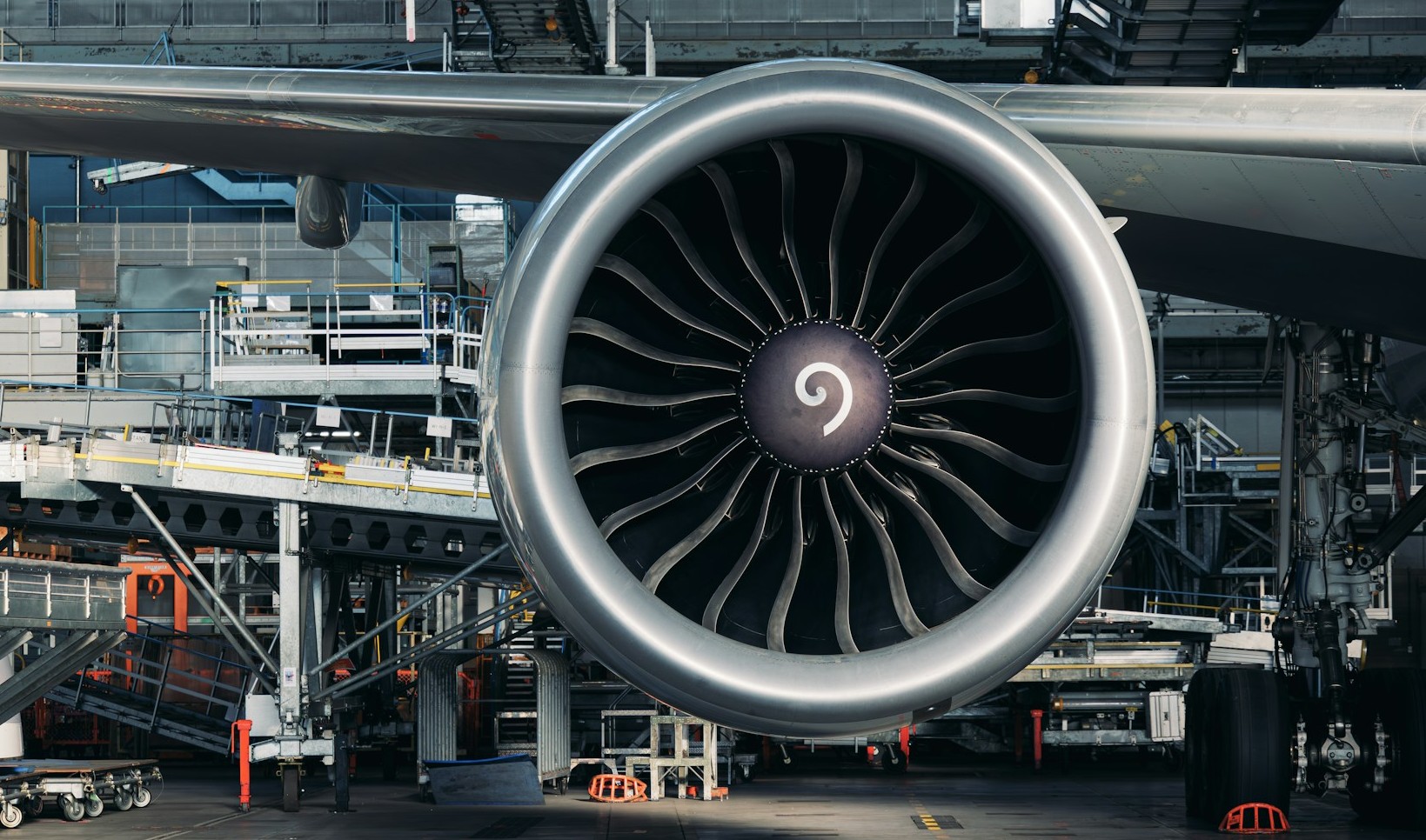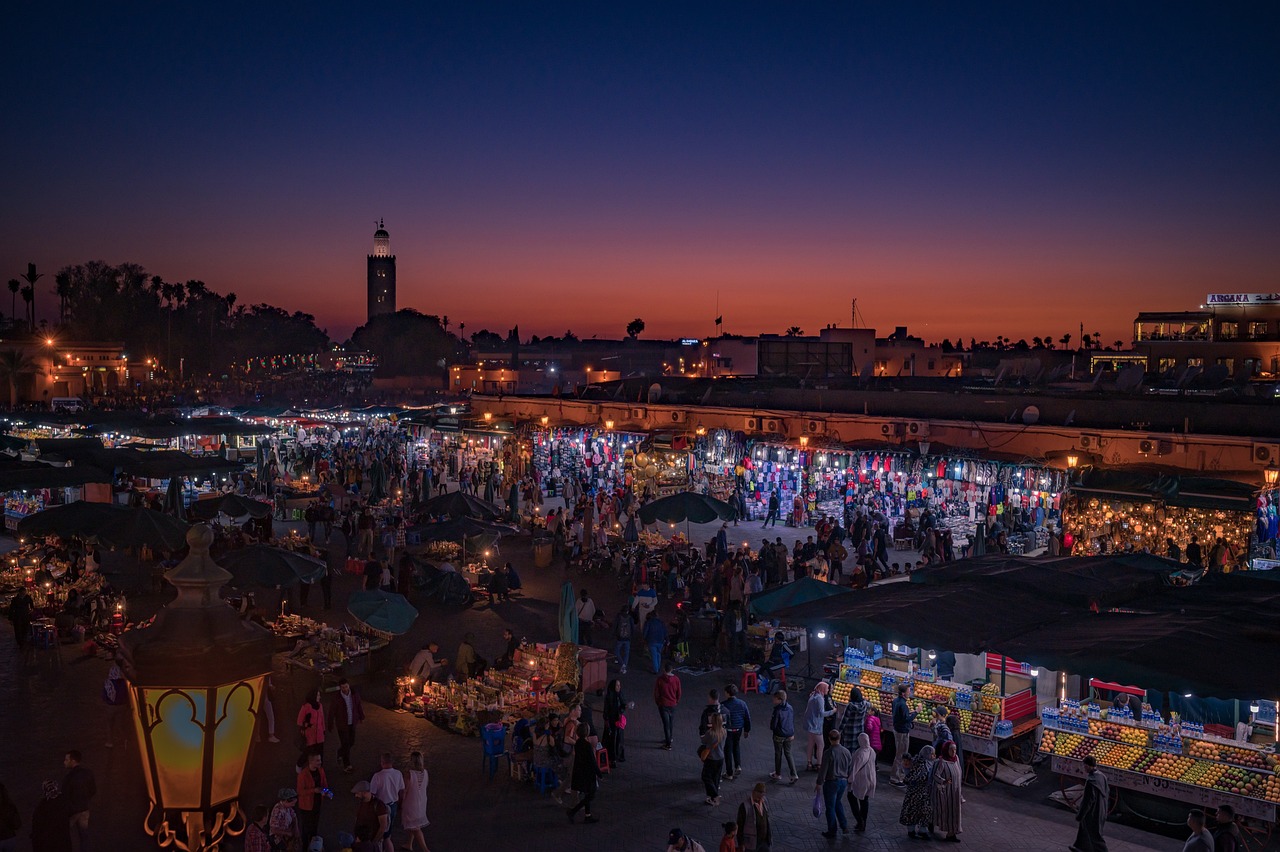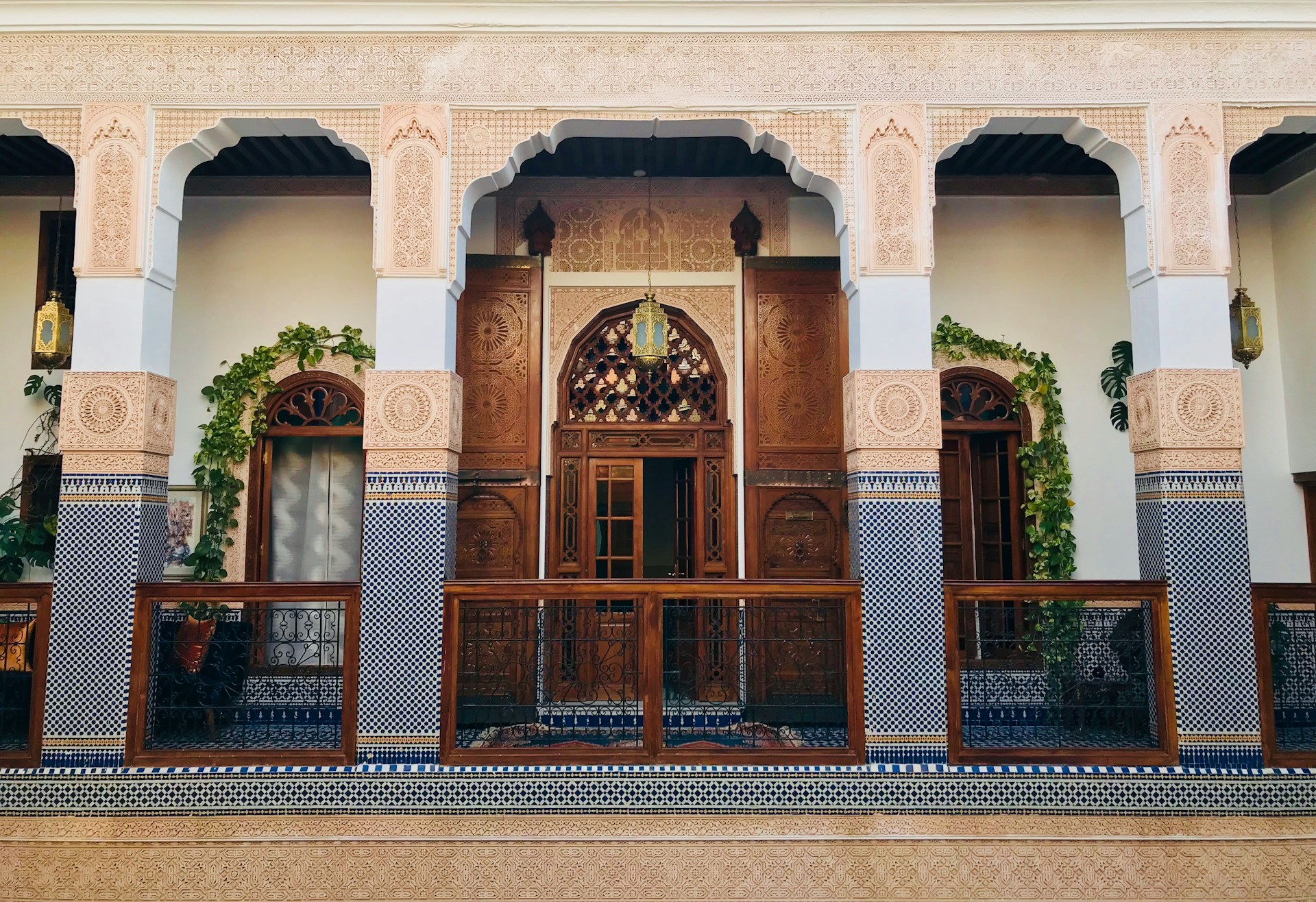Casablanca – Morocco has intensified its preparations to host major international sporting events, allocating approximately $50 million in 2024 to accelerate the development of football infrastructure in anticipation of the 2025 African Cup of Nations and the 2030 World Cup. According to the Treasury’s special accounts report, included in the draft 2026 Finance Bill, this investment reflects Morocco’s commitment to demonstrating its organizational readiness and infrastructural capabilities on the global stage.
The report emphasizes that the accelerated investment in national sports facilities positions Morocco as a strong candidate for hosting future international events, reinforcing its reputation for successfully managing large-scale competitions. By modernizing stadiums and sports infrastructure, the Kingdom aims to ensure that all venues meet international standards required for top-tier tournaments.
At the local level, Morocco continued to implement the “Neighborhood Stadiums” program, launched in 2018. Initially targeting 800 stadiums, the program has now expanded to more than 2,000 facilities across the country. With an annual budget of $50 million, this initiative aims to make sports accessible to all communities, promoting widespread participation and nurturing local talent while supporting the national goal of preparing for international competitions.
In parallel, Morocco has strengthened regional and local sports development through the “Sport for All” program. In 2024, $56 million was dedicated to supporting sports projects at the regional and provincial levels, fostering a culture of athletic engagement and ensuring that citizens have opportunities to participate in organized sports. These programs are integral to the broader strategy of building a robust sports ecosystem capable of sustaining international standards.
The National Fund for Sports Development recorded significant growth in both revenues and expenditures in 2024. Revenues reached $978 million, while expenditures totaled $704 million, reflecting substantial government support and an increasing focus on strategic investments for international readiness. By comparison, expenditures in 2022 were $353 million with revenues at $166 million, and in 2023, expenditures reached $427 million while revenues totaled $659 million. This growth demonstrates Morocco’s sustained commitment to upgrading its sports infrastructure and supporting athlete development programs.
A key component of this effort has been supporting Moroccan sports federations and associations. Between 2022 and 2024, the National Fund for Sports Development allocated nearly $495 million to enable federations to manage their operations effectively, prepare athletes for national and international competitions, and organize sporting events across the country. In 2024, 35 royal sports federations received program agreements and operational grants, with the first installment totaling $7.9 million. These grants ensure that federations comply with governance standards and are capable of contributing to Morocco’s international event hosting ambitions.
Additionally, the Moroccan National Olympic Committee received $8.9 million in 2024 to train and lead Moroccan athletes for the 2024 Olympic Games and other competitions under the International Olympic Committee. Another $1.96 million was allocated to maintain the committee’s daily operations and support the national sports arbitration body, reinforcing institutional readiness for global events.
Inclusive sports also form part of Morocco’s preparation strategy. The Royal Moroccan Federation for Sports for People with Disabilities received $800,000 to support the country’s participation in the 2024 Paris Paralympic Games, ensuring that athletes with disabilities are represented at major international competitions despite the absence of a dedicated national Paralympic committee.
Morocco’s strategy demonstrates a comprehensive approach to preparing for international sporting events: modernizing stadiums, developing local and regional sports infrastructure, supporting federations and Olympic programs, and ensuring inclusive participation. Through these efforts, Morocco aims to deliver world-class events while leaving a lasting legacy of sports development and organizational excellence.






